Safety At Home
As they say, "Safety begins at home." Your home, or apartment, should be where you and your family feel safest, so it's vital that you shield it from anything that might ruin that feeling of safety. Start by creating a list of risks that you want to avoid. A few examples are:
- Burglary/Home Invasion
- Fire
- Toxic Gas
- Structural Damage Caused By Water
- Natural Calamities
Once you've figured out what you need to protect your home from, the next step is knowing what measures you need to take. Perhaps start with the obvious measures. For example, if safety from home invasion is your main concern, beef up your home security with an alarm system. Once that's done, move down to smaller details. Remember that no measure is too small to overlook. Even the simple acts of locking your doors at night, keeping certain lights on as you sleep, and bracing your door matter. Collectively, these small things contribute greatly to your safety at home. It also doesn't hurt to be extra cautious. For example, fire safety might not be your primary concern right now, but that shouldn't stop you from taking extra fire safety measures.
Safety In The Neighborhood
The feeling of being safe must also extend to your neighborhood. After all, your home is a part of that neighborhood, so it's only right that you feel safe when walking to and from your home or when driving around. For instance, does your neighborhood have a problem with speeders? Perhaps these tips will help you. Is the street-level crime rate on the rise? Then maybe it's time to learn martial arts for self-defense.
Improving safety in your neighborhood, however, is not an individual effort. It requires the help of the entire community. Many neighborhoods form a formal committee that handles safety issues, like Homeowners Association, for example. Taking an active part in these efforts is a great way to contribute in making your neighborhood safer.
With the advent of technology, there are now smartphone apps that aim to tie communities together and make neighborhoods safer. For example, there's the Ring app offered by the video doorbell brand Ring. The app offers a Neighborhood feature where users can share select security camera footage to the public. The app is open to all, whether you're a Ring user or not, so if someone in your neighborhood catches a crime, for example, you can use their recording to know what to prepare for.
Local Crime Safety
Another thing you should consider is the crime statistics in your locality, city, or state. Having this kind of information will help you know what to protect yourself against. If there's a rise of theft in your area, for example, it's wise to invest in a home security system and other solutions that will protect your assets. The crimes you should pay close attention to are:
- Violent Crimes
- Property Crimes
According to the FBI, violent crimes consist of four criminal offenses: aggravated assault, robbery, forcible rape, and manslaughter or murder. Property crimes, on the other hand, consist of burglary, larceny, motor vehicle theft, and arson.1
Of course, gaining knowledge about your city or state's crime statistics alone won't keep you and your family safe. What's important is what you do with the information. Knowing what types of crime are common in your area will help you figure out how to best keep your family safe.
Natural Calamities
Just as how knowing your locality's crime statistics will help you keep safe, knowing what natural calamities are most likely to occur in your area will help you prepare for the worst. Do you live in an earthquake prone area? Are you in a low-lying, easily-flooded place? Is your city prone to being hit by tornadoes? What about typhoons? Are you close to a landslide prone hill?
Preparing for such natural calamities is more than just bracing your roof or securing cabinets to the wall. You must create a plan on how you and your family can survive if calamity strikes. For example, have a family meeting and discuss what each of you should do in case of a strong earthquake. Also, know where you should meet if evacuation is needed, as well as which route is the safest to take. Having an emergency kit is also a life-saver. You must prepare medicines, food, drinking water, flashlights, batteries, and other things your family might need. Finally, discuss who should do what in case of an emergency.
Our Safety Tips
Below, you'll find links to safety tips we've posted on our website. Right now, the list is short, but this is a living, breathing list, which we will be updating frequently. That said, we encourage you to check this page often for the latest safety tips.
Safety FAQs
What are the key differences of safety and home security?
Home security refers to measures that guard your property against burglary and intrusions. Safety concerns measures that protect you from threats like fire and accidents that can occur inside or outside your home.
What are the common dangers that I must protect my family and self from?
Violent and property crime are high on the list, especially the ones that are common in your neighborhood. Home fires, road accidents, and natural calamities should also be priorities.
How can I keep myself and my family safe?
Knowing the dangers is always a good place to start. Once you know what to protect yourself from, safety can be achieved with common sense and by thinking ahead of danger.
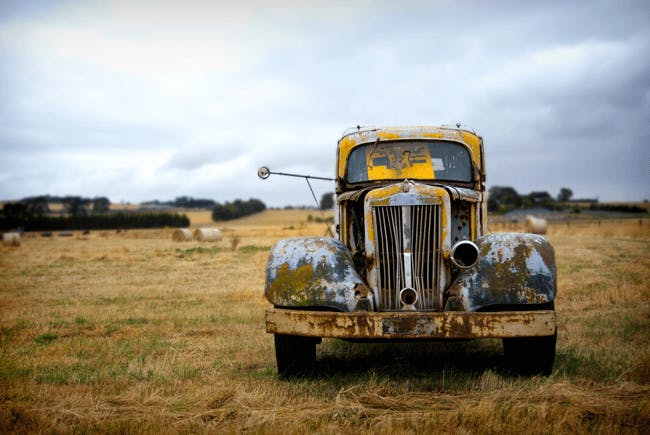
Ohio Home Security

New Jersey Home Security
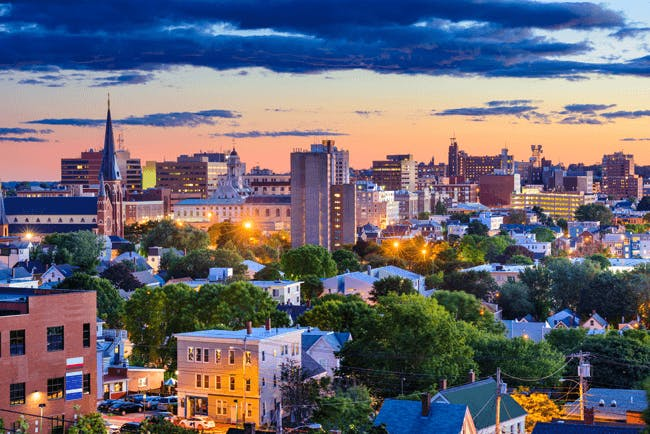
Maine Home Security
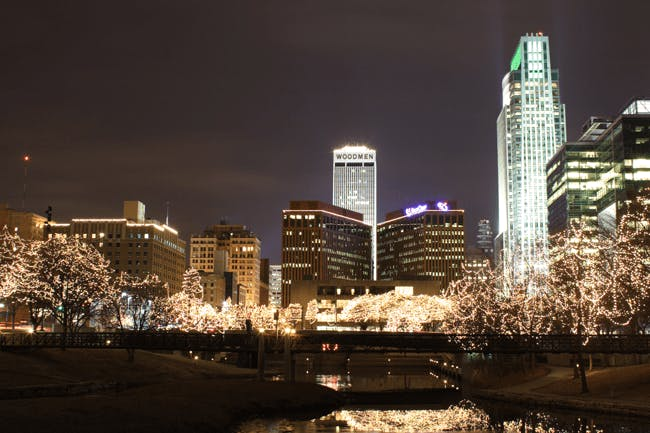
Nebraska Home Security
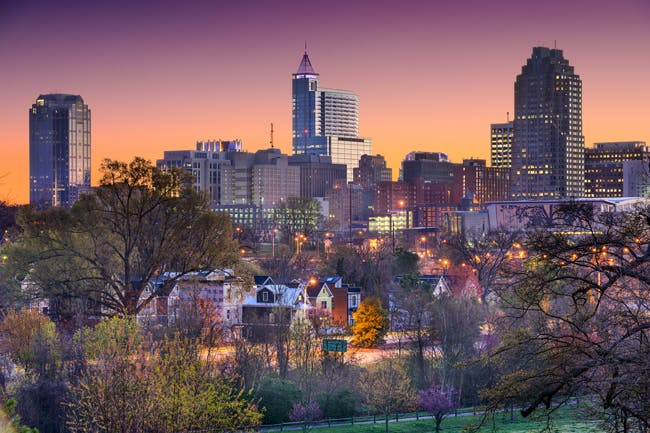
North Carolina Home Security

Maryland Home Security

Florida Home Security
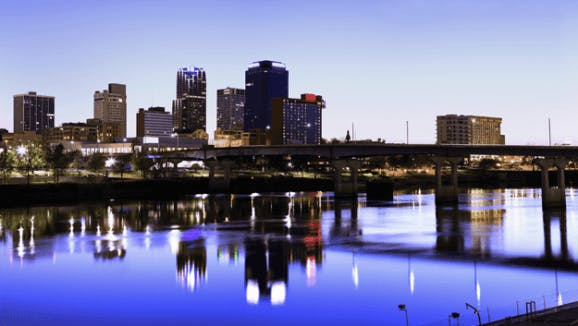
Arkansas Home Security
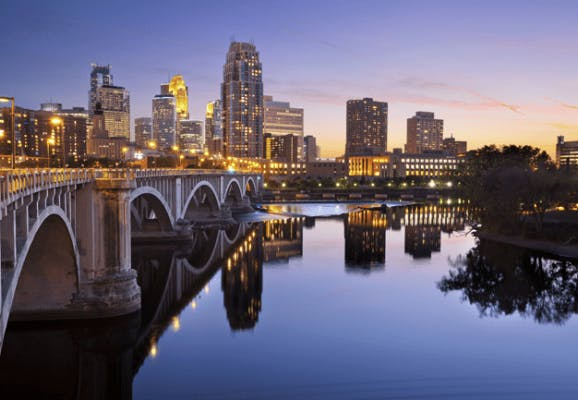
Minnesota Home Security

Kentucky Home Security
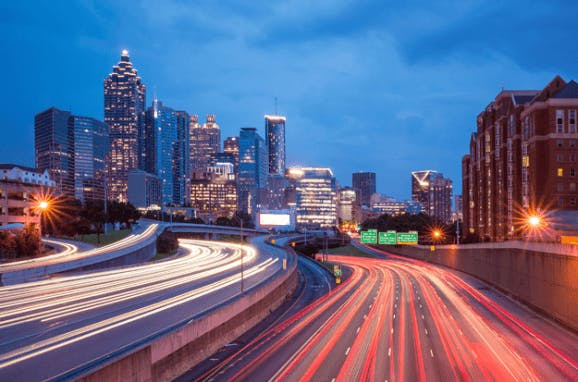
Georgia Home Security

Montana Home Security
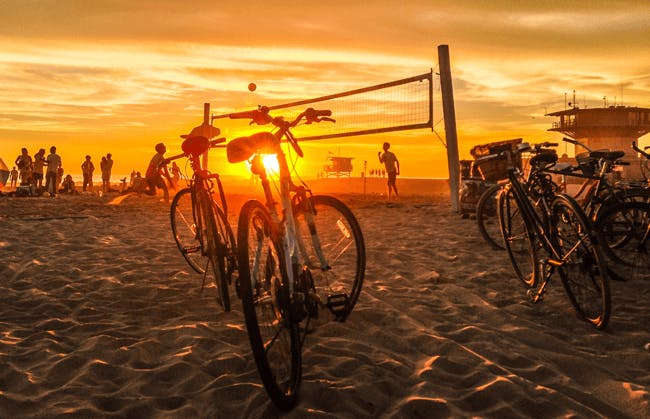
California Home Security
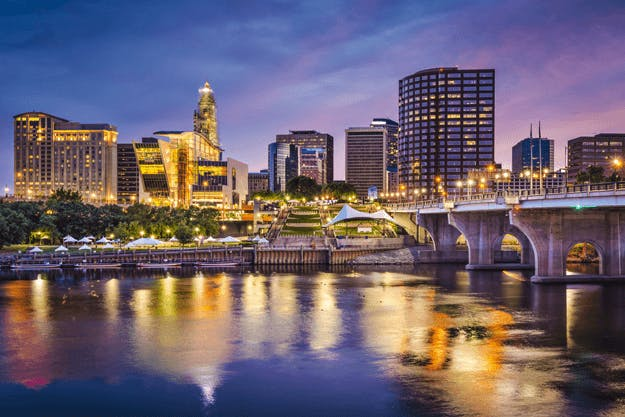
Connecticut Home Security

Alaska Home Security

Hawaii Home Security
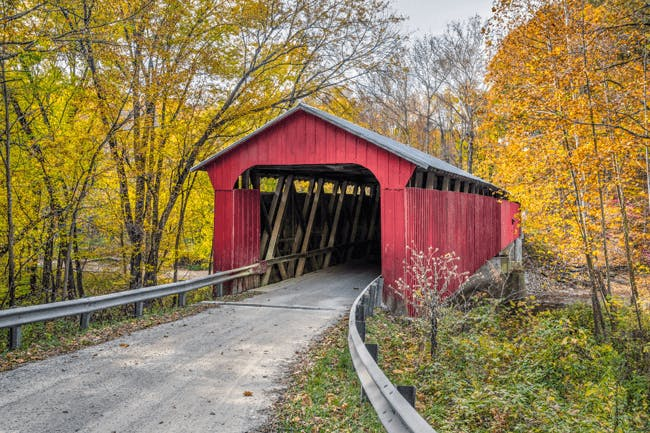
Indiana Home Security

Michigan Home Security
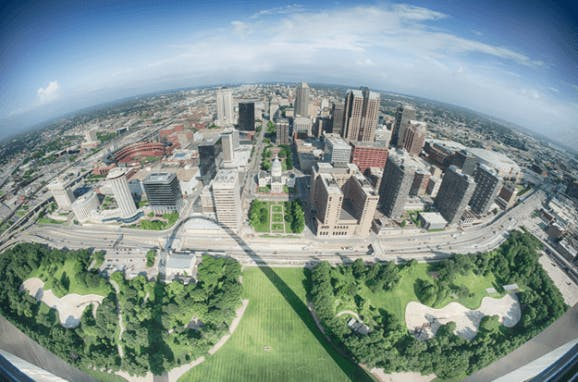
Missouri Home Security

New Mexico Home Security
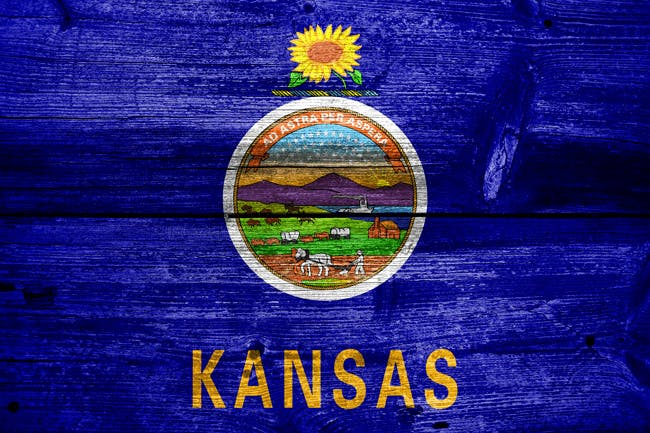
Kansas Home Security

Colorado Home Security
Iowa Home Security

New Hampshire Home Security

Delaware Home Security

Idaho Home Security

Arizona Home Security

Nevada Home Security

New York Home Security

Alabama Home Security
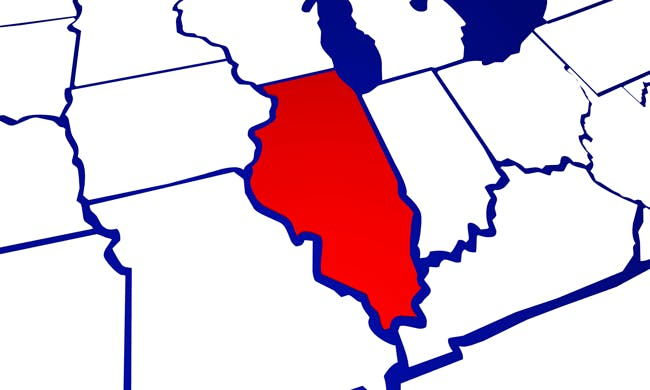
Illinois Home Security

Louisiana Home Security

South Dakota Home Security

Oregon Home Security

Utah Home Security
North Dakota Home Security
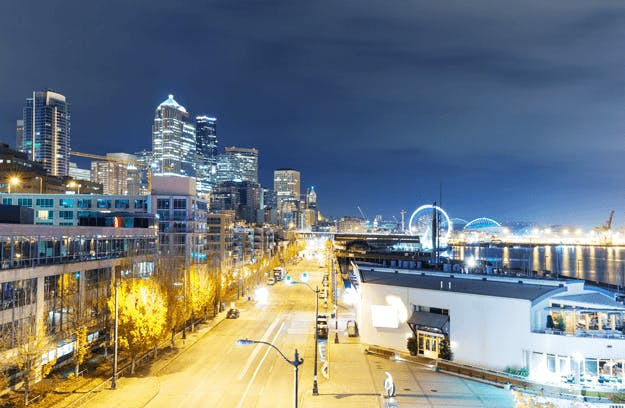
Washington Home Security

Tennessee Home Security

Texas Home Security

Wisconsin Home Security
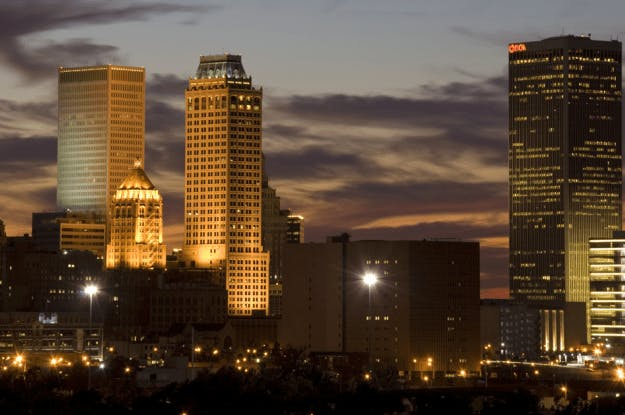
Oklahoma Home Security
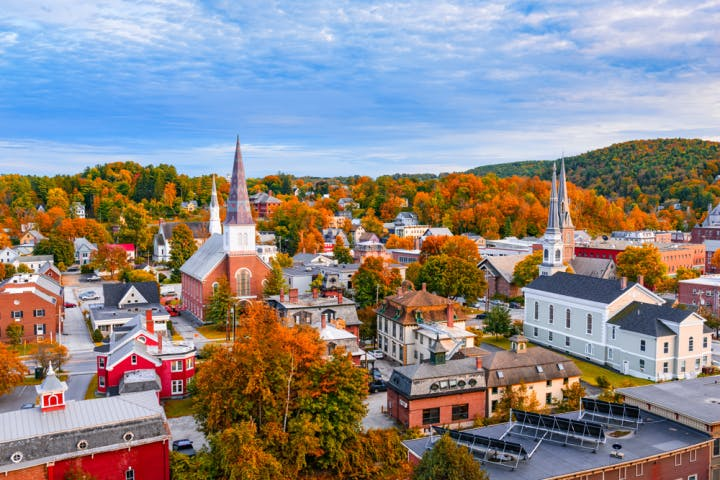
Vermont Home Security

Virginia Home Security

Wyoming Home Security

West Virginia Home Security

South Carolina Home Security

Pennsylvania Home Security

Rhode Island Home Security

Massachusetts Home Security

Mississippi Home Security





